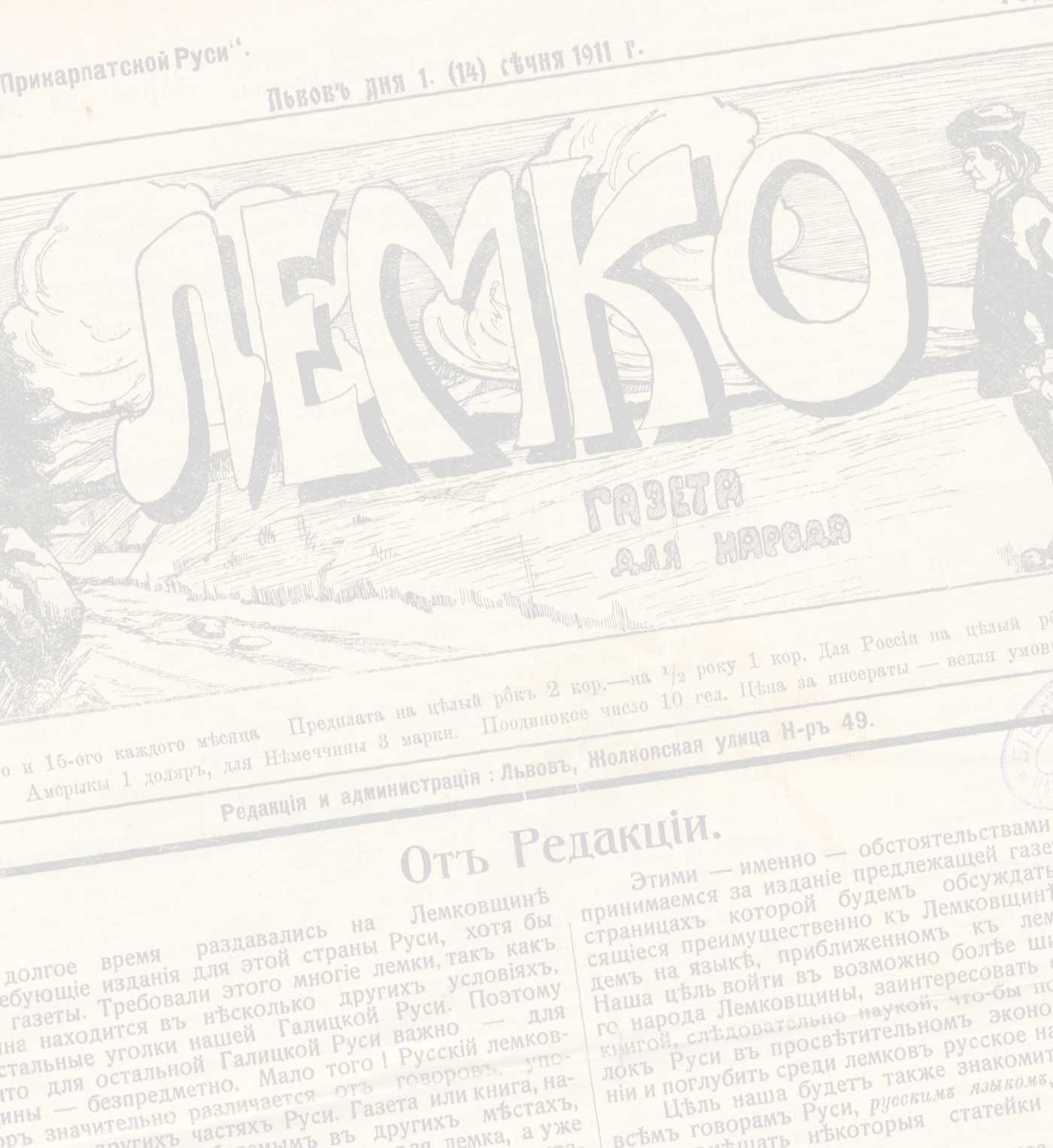
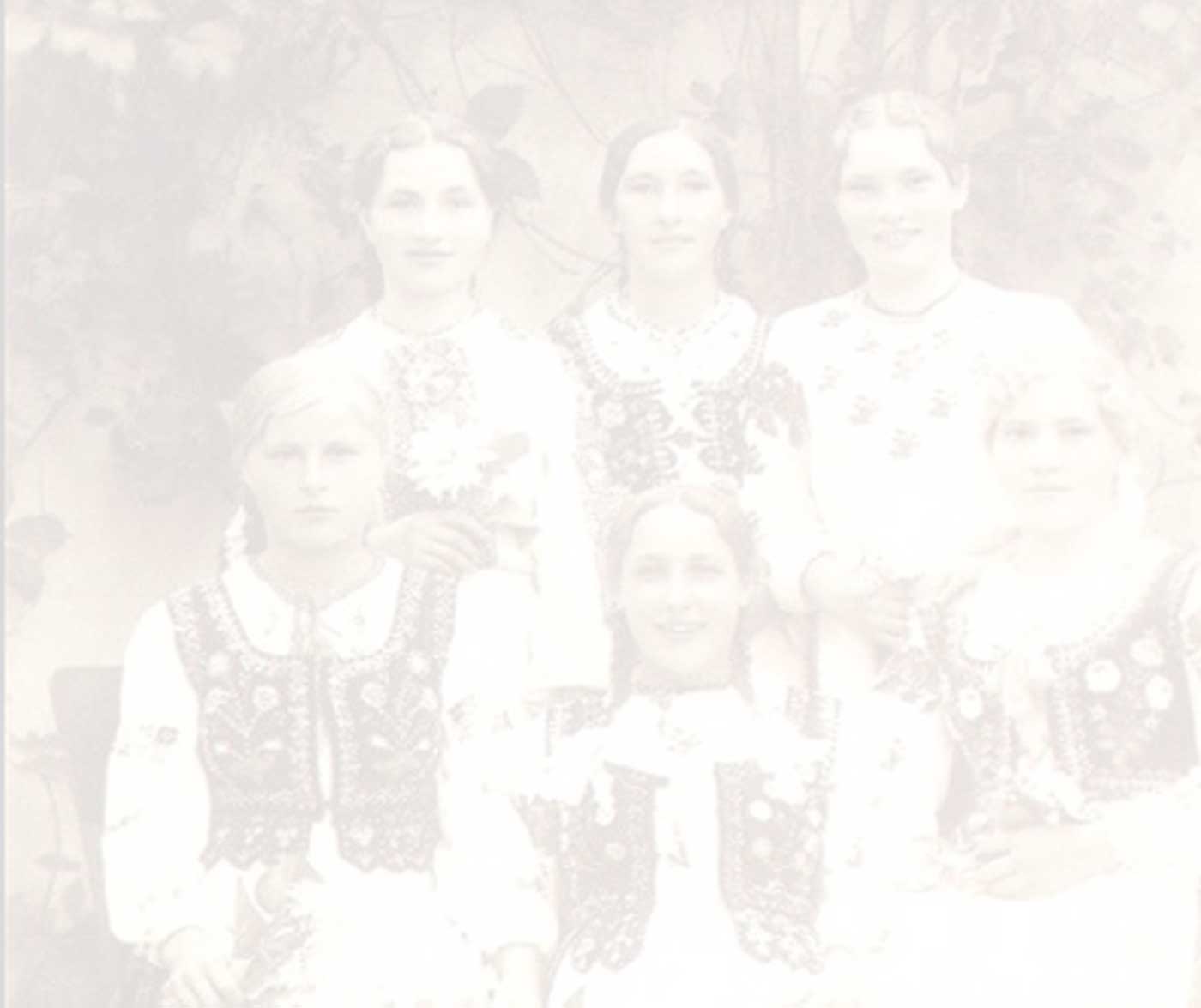
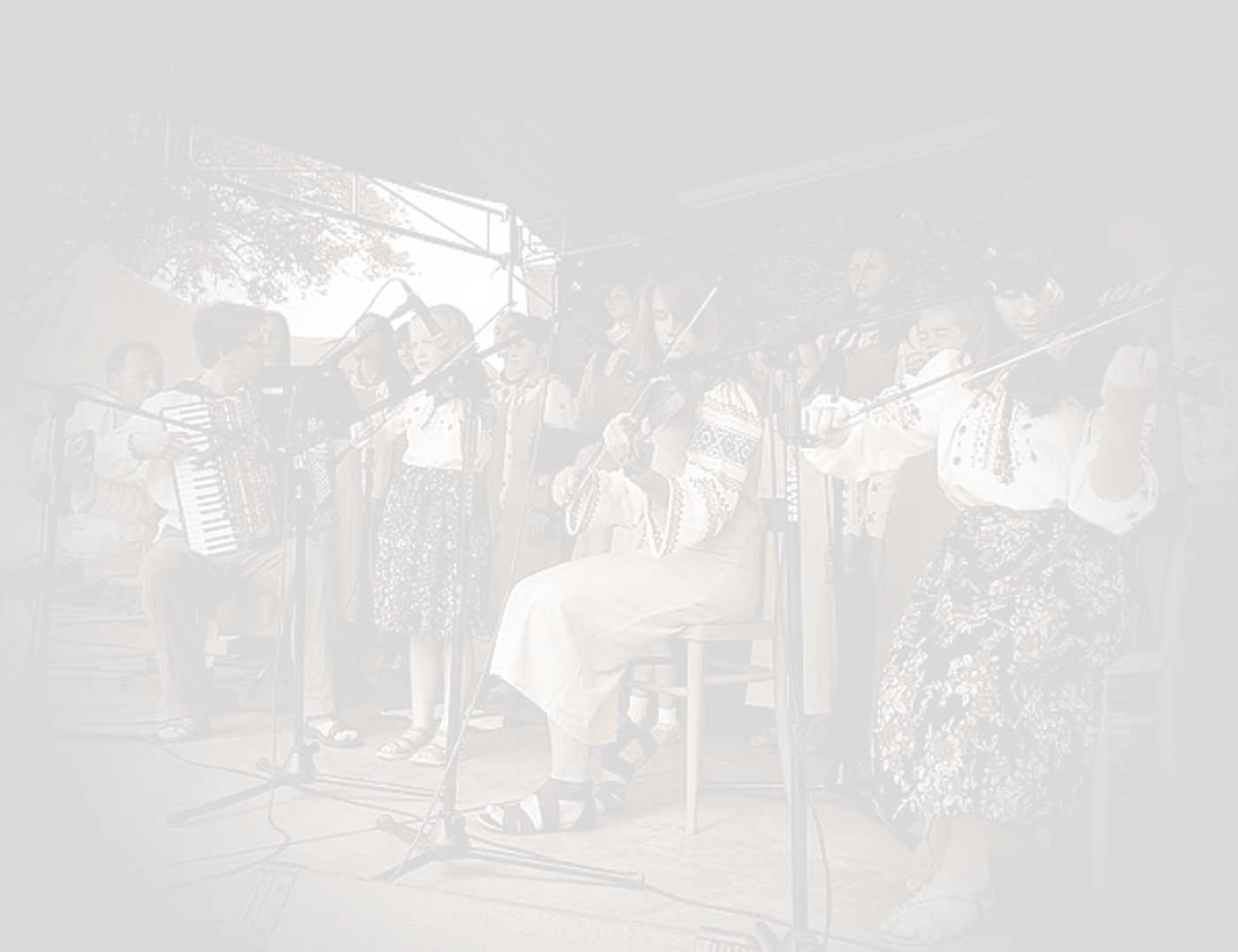
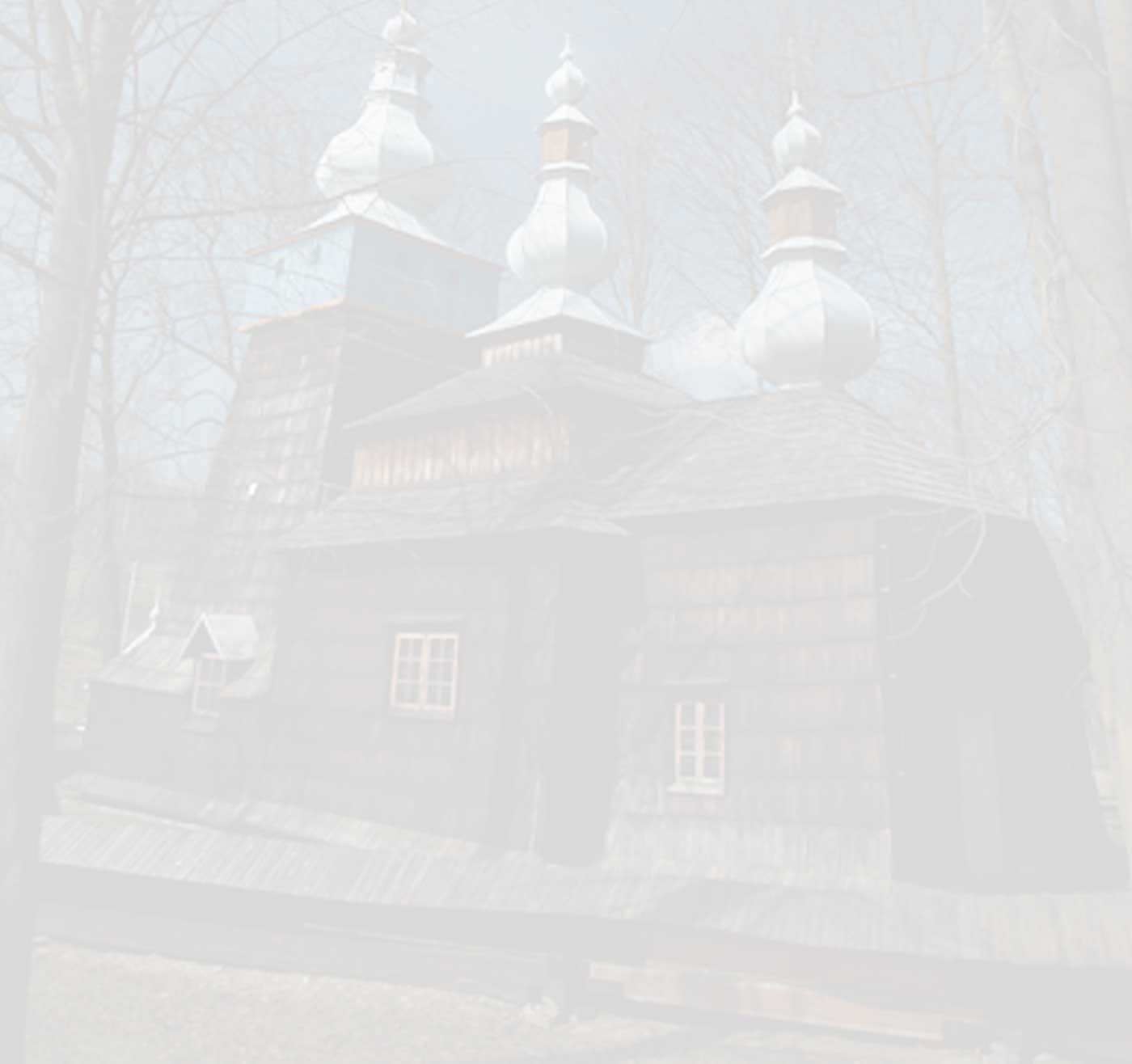




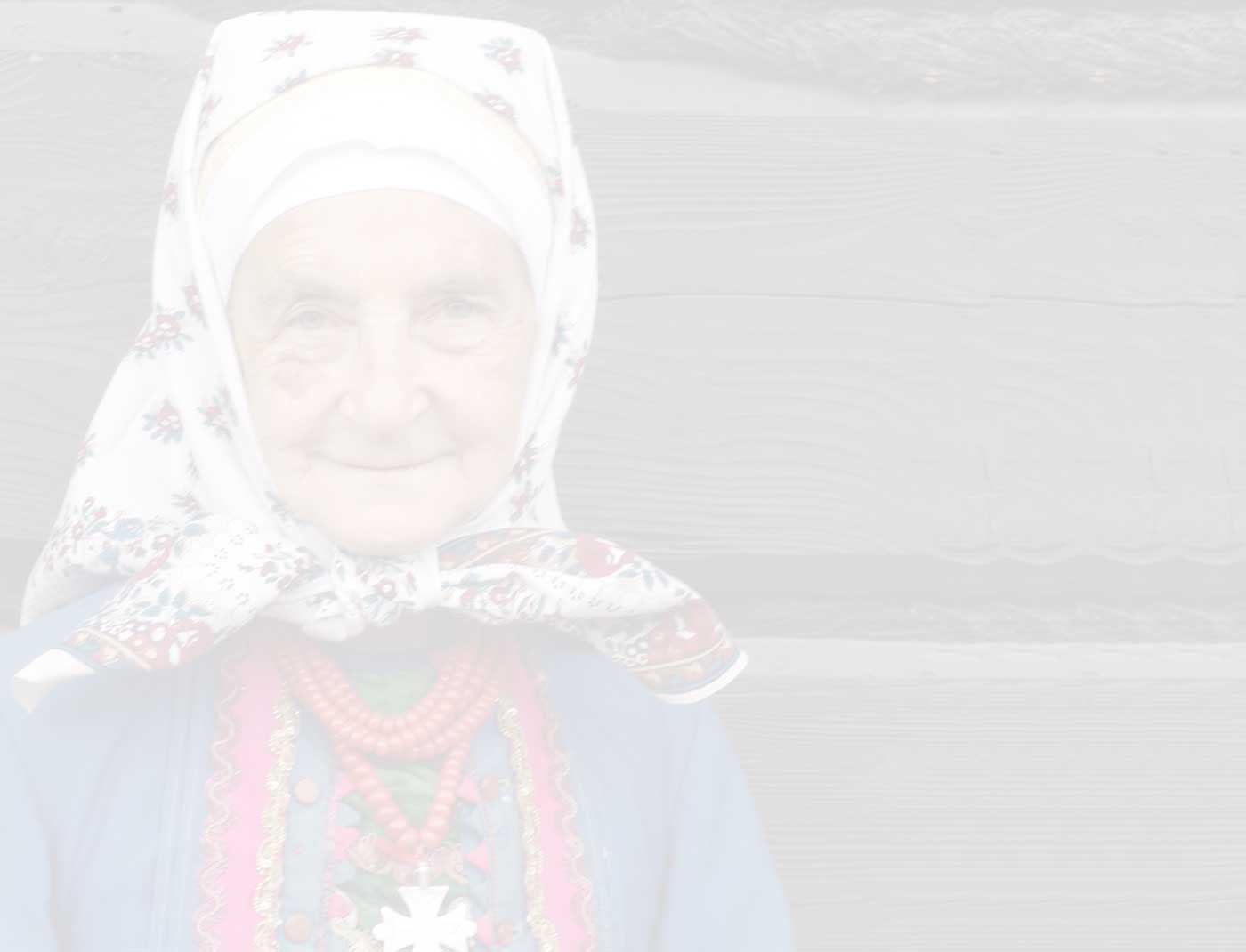

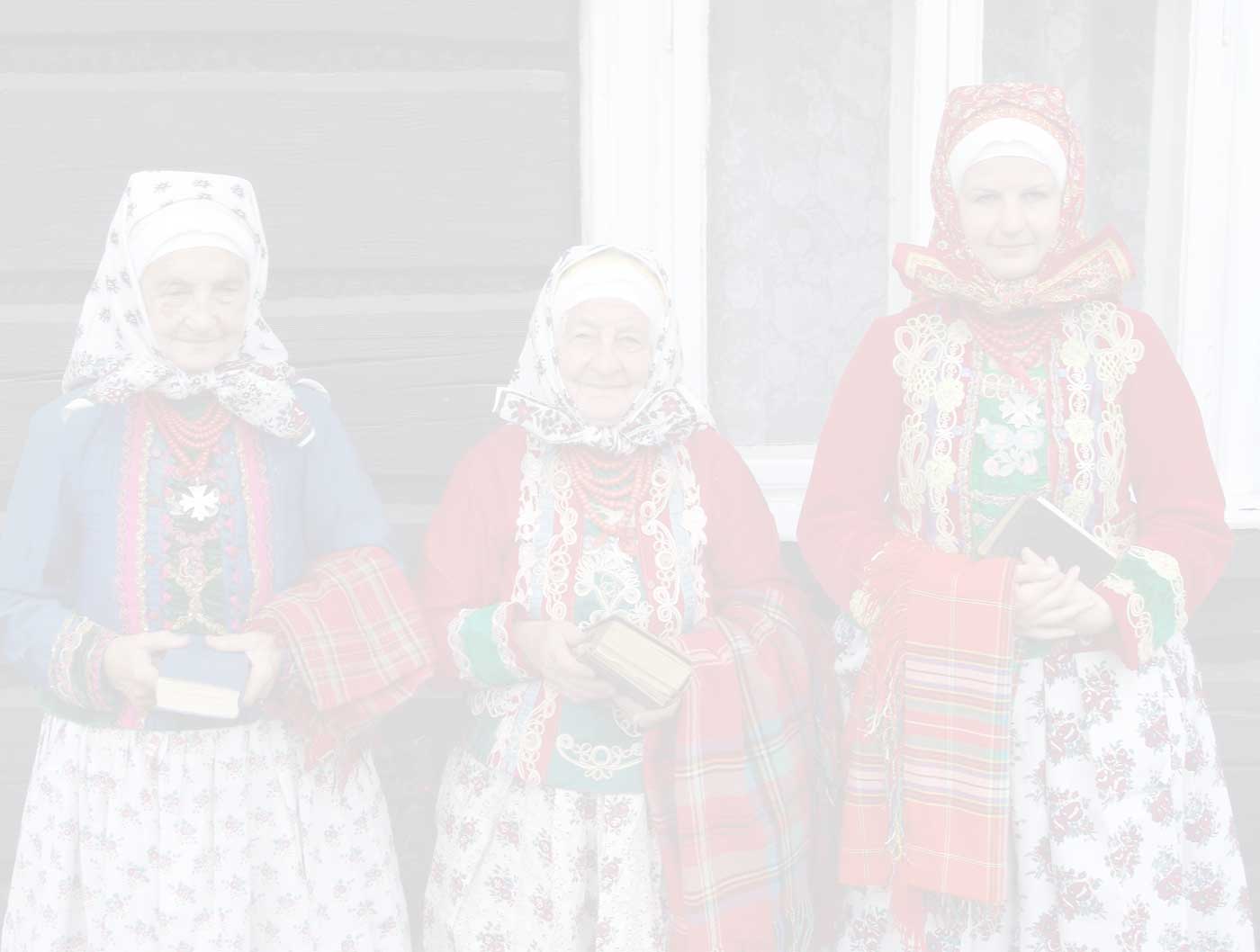
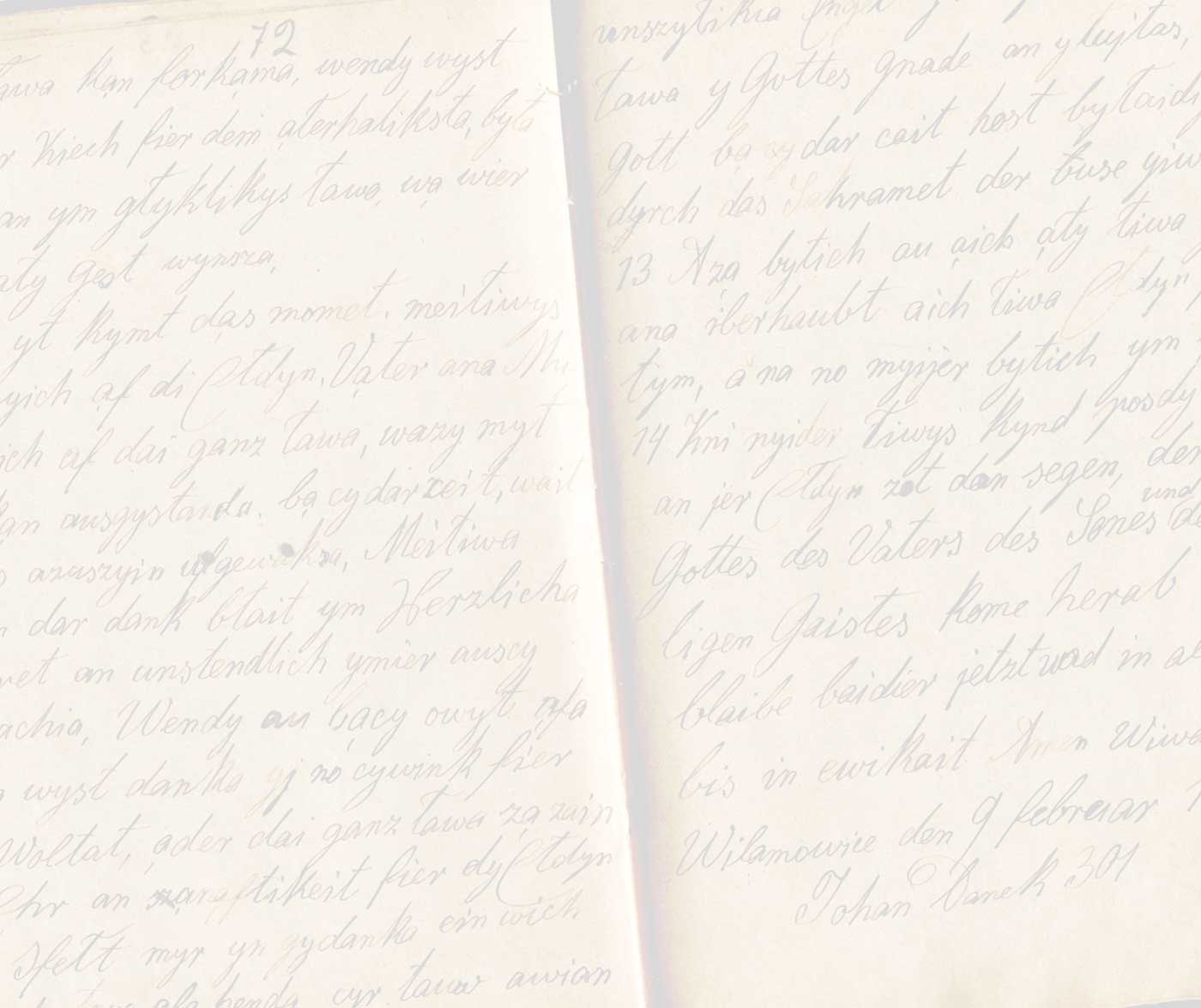












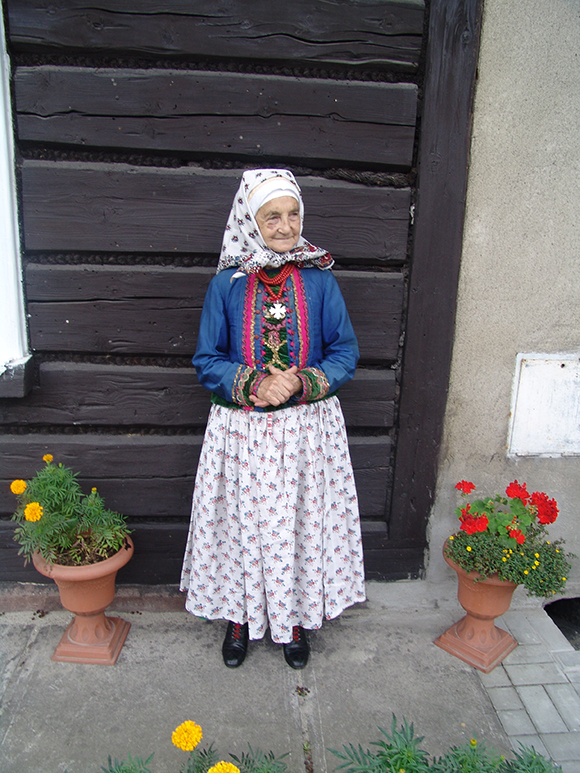
A language is commonly perceived as one of the most important factors shaping national identity. As such, it often becomes an object of ideologization, and is used to achieve particular political goals. The relationship between a language, a nation and a state seems to be “natural”; however this connotation is relatively new. Moreover, its origins may be traced to one thinker.
Johann Gotfried Herder was an enlightenment philosopher born in Prussia. Although he did not compose a comprehensive philosophical system, such as Kant or Hegel, the ideas he developed became an integral part of the thought of subsequent generations of scholars, politicians and ordinary people.
Language played a crucial role in Herder’s philosophy. He claimed that a human being only has access to a thought as it is expressed in a language. Thus a language determines the way in which a human being thinks. It follows then, that a group of people using the same language think in the same way: it is not a chaotic crowd. Rather, it constitutes a community. It makes up a nation. As Herder himself put it, “Each nation speaks in the manner it thinks and thinks in the manner it speaks”.
In the days of Herder the notion of a nation was used relatively infrequently. It referred to the population of a territory subject to one ruler. He perceived a nation as a historically embedded community of a particular culture, for which a language is a distinctive feature that shapes its character. The state should be subservient to a nation that is defined in this way. In other words, the development of a nation, the protection of its interests and integrity, and the prevention of foreign influence (especially with regard to a language) should constitute the state’s aims. To quote Herder, “The most natural state is, therefore, one nation, an extended family with one national character”.
It would seem that as a consequence of such an attitude toward the question of a nation, Wilamowice, with its own distinct language, should be isolated. However something completely opposite actually happened. In part based on the views of linguists, who considered Wilamowicean language, Wymysiöeryś, a dialect of German, for some members of the pre-war German intelligentsia Wilmowice appeared as a Volk in its purest form. The fact that unlike the inhabitants of the surrounding villages of the same ethnicity, people from Wilamowice managed to protect their language, constituted for them tangible proof of the vitality of their "national" spirit.
However if we listen to the voices of inhabitants of Wilamowice from that period (some of them are written down), an image of a phenomenon, which is very rare nowadays, of a pre-nationalistic community, would emerge. Despite the fact that people from Wilamowice were conscious of the distinctness of their language and some of their cultural features, the statement “we are”, which did not entail any political aspirations, was of much greater importance to them than the answer to the question “Who are we?”.
The attempts to force Vilamovians to clearly define their nationality were intended to impose on them a certain definition of ethnicity, which was considered irrelevant by the community itself.
Nowadays, most scholars are aware of the existence of cases similar to that of Wilamowice, and consequently they reject Herder’s views on nations. They are perceived rather as “imagined communities”. It should be, however, the community, and no one else, who “imagines” itself and it should be the community who “imagines” the importance their own language holds for them.